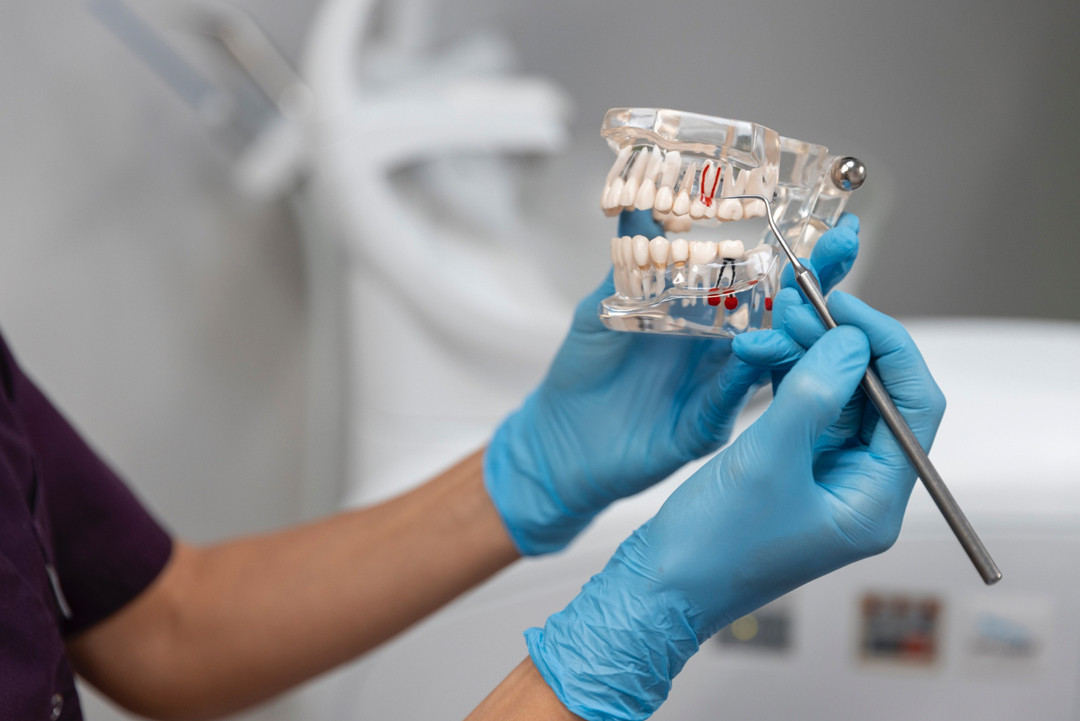Types of Internal Medicine Specialists
- General Internal Medicine Specialists
- Address a wide spectrum of diseases, from common ailments like fever and cough to chronic and complex conditions.
- Work individually or collaborate with specialists in other medical fields.
- Sub-Specialists
Experts who complete fellowships in specific domains to manage highly specialized medical conditions:
- Hematology: Focuses on blood disorders such as anemia, leukemia, and lymphoma.
- Immunology and Allergy: Treats immune system dysfunctions and allergies.
- Nephrology: Specializes in kidney-related issues, including chronic kidney disease and kidney stones.
- Gastroenterology: Manages digestive system diseases like IBS and Crohn’s disease.
- Endocrinology: Addresses hormonal imbalances, diabetes, and thyroid disorders.
- Oncology: Treats cancer, including solid tumors and blood cancers.
- Rheumatology: Focuses on rheumatic diseases like arthritis and lupus.
- Geriatrics: Specializes in care for older adults and age-related conditions.
Diagnostic Methods
- Physical Examination: Comprehensive check-ups covering the skin, eyes, throat, and internal systems.
- Laboratory Tests: Blood, urine, and stool analysis to detect abnormalities.
- Imaging Tests: MRI, CT scans, X-rays, and ultrasound for detailed organ and system evaluation.
- Specialized Tests:
- Bone Density Test (DEXA): Measures bone mineral density.
- Pulmonary Function Test: Assesses lung capacity and respiratory issues.
- Endoscopy/Colonoscopy: Examines digestive tract and large intestine using cameras for diagnosis and treatment.
Conditions Treated in Internal Medicine
- Chronic Diseases
- Diabetes: Manages blood sugar levels and prevents complications.
- Hypertension: Controls high blood pressure to mitigate cardiovascular risks.
- Rheumatic Diseases: Treats arthritis, gout, and soft tissue conditions.
- Acute Ailments
- Infections: Includes respiratory infections and UTIs.
- Digestive Disorders: Treats acid reflux, Crohn’s disease, and IBS.
- Endocrine Disorders: Includes diabetes, thyroid dysfunction, and adrenal issues.
- Age-Related Conditions: Cognitive decline, mobility issues, and chronic diseases prevalent in older adults.
Treatment Methods
- Medication: Prescribed drugs to manage or cure diseases.
- Lifestyle Changes: Includes dietary adjustments, physical activity, and stress management.
- Surgical Procedures:
- Endoscopic Retrograde Cholangiopancreatography (ERCP): Treats biliary tract or pancreatic issues.
- Endoscopy: Diagnoses and treats gastrointestinal problems.
- Colonoscopy: Examines and treats large intestine and rectum disorders.
Internal medicine specialists offer holistic care, blending diagnostics, advanced treatments, and personalized care plans to ensure optimal health outcomes for adults.


















